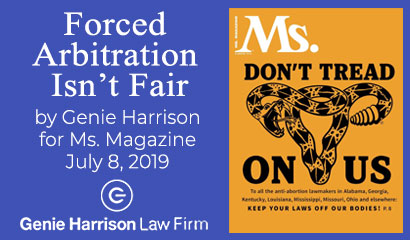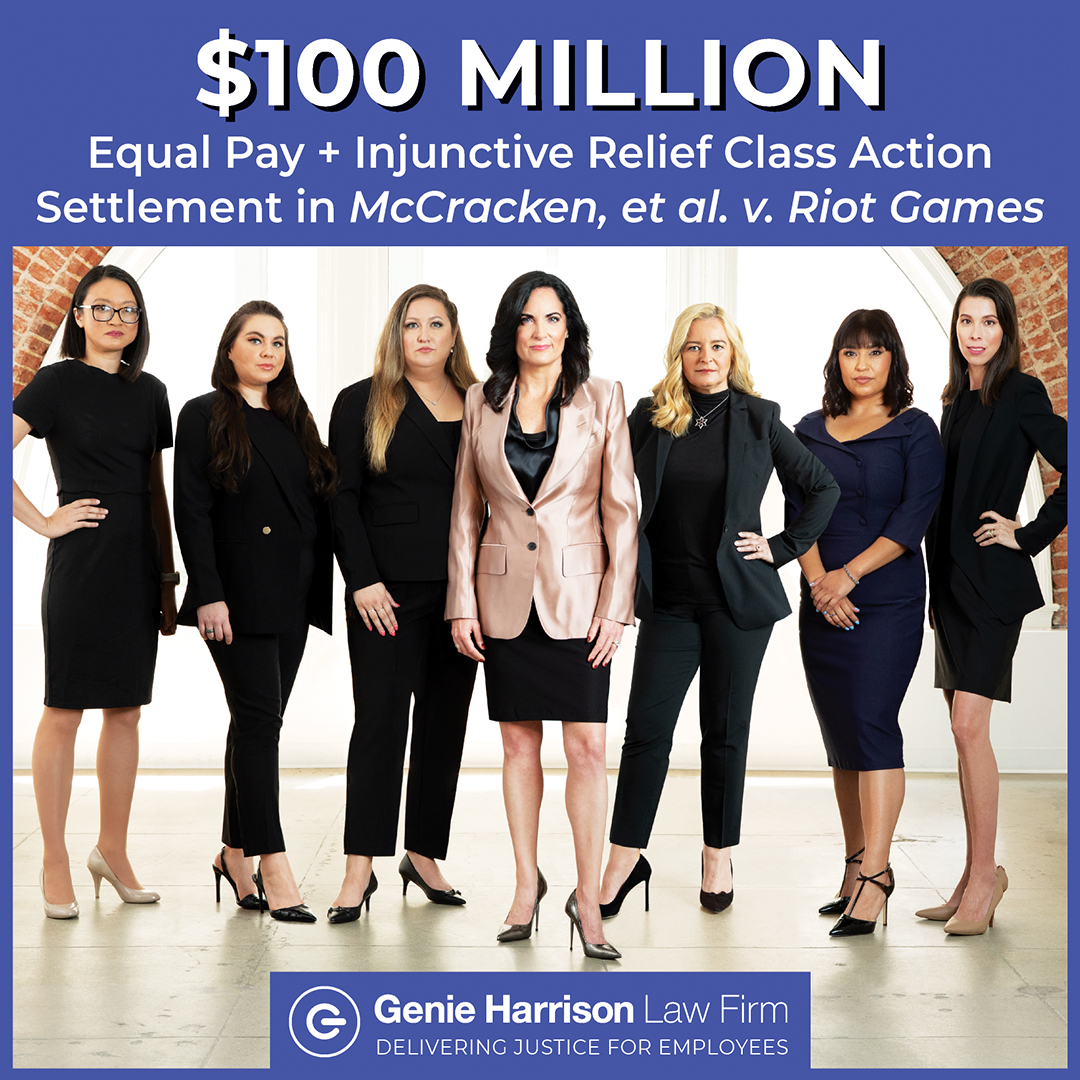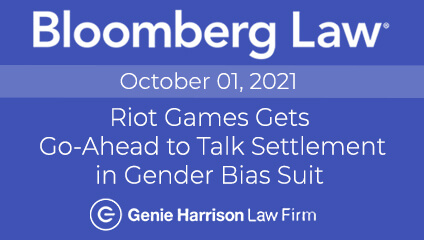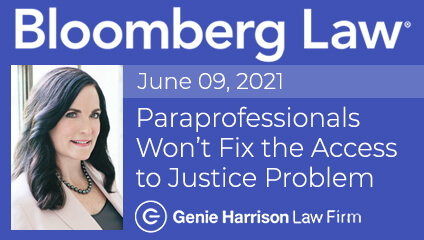Forced Arbitration Isn’t Fair
July 8, 2019 — by Genie Harrison for Ms. Magazine
If you’ve ever been sexually harassed or discriminated against at work, the FAIR Act is about you.
Like most workers, you probably signed an agreement when you were hired that requires any disputes you have with your employer to go to arbitration. In order to get a job, you were forced to waive your constitutional right to sue in court. Instead of having a judge and jury hear your story, any lawsuit against your employer will be funneled through a private system called arbitration, which, by design, is unlikely to give you the justice to which you’re entitled.
That’s unfair. And that’s why the FAIR Act matters.
The Forced Arbitration Injustice Repeal (FAIR) Act, which would eliminate pre-dispute forced arbitration in the workplace, is about “guaranteeing every individual their day in court,” declared Senator Richard Blumenthal (D-CT), one of the bill’s authors. He also called forced arbitration by employers “fundamentally unfair and un-American.”
For more than a year, I worked with an associate from my firm and a team of forensic statisticians to parse through five years’ worth of data on California employment arbitration cases. The data was eye-opening, and indicative of what’s happening across the country. Here’s what we learned: Arbitration is very good for employers and very bad for employees.
Employers pay the arbitrators’ bills, and they usually pick the arbitration company, so they generate thousands of dollars in arbitration fees per case. That’s excellent revenue for arbitrators. Why would arbitrators bite the hand that feeds them? The system consistently favors the powerful, with defendants—in these cases, employers—winning more frequently than plaintiffs—their employees.
I’ve seen what arbitration can do to workplace harassment victims. That’s why, last month, I joined other women trial lawyers in Washington D.C. to advocate on behalf of the FAIR Act.
One of my clients, Sandeep Rehal, was formerly Harvey Weinstein’s personal assistant. She was required to sign a pre-dispute arbitration agreement by the Weinstein Company when she was hired. The company knew that Weinstein had been victimizing women for years, but Rehal didn’t know this when she signed her agreement—the company didn’t tell her, and she wouldn’t have been able to Google claims against him, because matters that go to arbitration are not part of any easily accessible public record, if they are public at all.
If you’ve been sexually assaulted at work, wouldn’t it be good for the public to know? Your employer might actually be motivated to clean up its act, which could prevent the same thing from happening to another employee. Secrecy only benefits the employer.
To make matters worse, arbitration is, to put it bluntly, arbitrary. Arbitrators aren’t required to follow the law. They can make decisions based on any rationale they want, and you can’t just appeal a bad decision like cases decided in court. Once the arbitrator makes the decision, you’re almost always stuck with it.
California employment arbitration cases involving Macy’s as an employer, decided between 2012 and 2017 at one of the country’s largest arbitration providers—the American Arbitration Association (AAA)—are proof alone that this system is unfair and fundamentally broken. Arbitrators at AAA threw out 93 percent of the cases brought by employees against Macy’s. In legal terminology, the cases were dismissed. That means Macy’s won almost every time, without giving the employee a chance to go to trial.
Macy’s has a lot of employment lawsuits. It’s not much of a reach to say that if AAA wants to keep Macy’s as a client, it will keep the company happy—and, because they signed arbitration agreements, Macy’s employees can’t do much when 93 percent of them lose before their cases even get to trial.
Arbitration is designed to dissuade employees from bringing claims. Companies will argue that arbitration is fair and more streamlined than jury trials, but the average arbitration takes between one and two years, about the length of litigation in court; the outcomes tend unfairly to favor the wrongdoer; and fees average about $25,000. Your company might pay those fees, but don’t be fooled—it’s a bargain for them, because they will almost always avoid being hit with awards that compensate you for the full harm you’ve suffered, or that reflect the depths of their bad conduct.
Plus: While arbitration is a complex legal process, and you need representation, a lot of lawyers won’t take your case—because they know the odds are against your winning what you deserve, which means they cannot afford to take the economic risk on your case. They’re hired on a contingent-fee basis, which means they only get paid when you win your case, and only get paid fairly if the system is not rigged against you getting full compensation.
You also won’t be able to bring a class action unless your arbitration agreement allows one. If your company shortchanges all its workers a few dollars a month, attorneys cannot aggregate your claim with your co-workers’ claims. Employers know the individual case isn’t worth the investment. That leaves a lot of unredressed injuries and companies that know they can get away with it.
The best solution to all of this unfairness? The FAIR Act. Employers should not be able to make arbitration a condition of your employment.
It’s time to make the workplace FAIR for all employees.
Genie Harrison, founder of the Genie Harrison Law Firm, is an employment lawyer and legal tech entrepreneur as the creator of Damages Genie, an app that helps plaintiffs’ attorneys quantify non-monetary damages and Incident Genie, a free reporting app for everyone.





